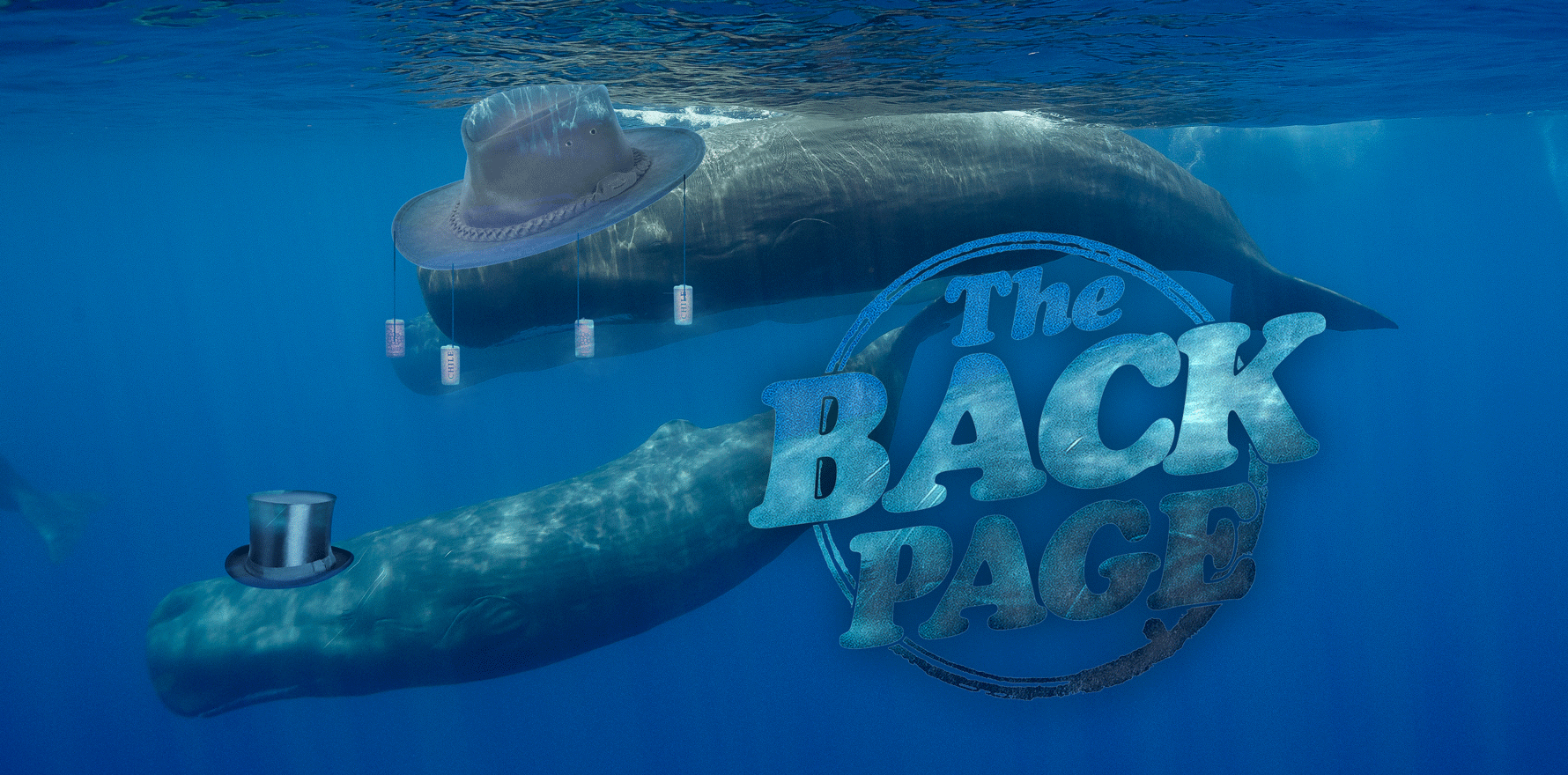At the very least, the Pacific Ocean can put England to shame because of the creatures’ distinctive accents.
Does it ever seem like Australians are even more obnoxious and, well, Australian, when you meet them while you’re overseas?
Turns out we’re just like whales.
A massive study of sperm whales found that when clans are forced to share the same space with each other, their accents become even more distinct.
So now when you fall asleep to the soothing sounds of whale song, you can relax in the knowledge that they’re probably shouting their equivalent of “Aussie Aussie Aussie! Oi Oi Oi!”.
Just like drunk Australians overseas, sperm whales move around in packs. And even when they’re in the same vicinity as others, the whales don’t interact.
Researchers have long known whale clans have specific vocalisations that differentiate them from other clans.
To better understand how whales communicate, and whether they have markers that distinguish their group identity, researchers undertook a mammoth decades long study of whales in the Pacific Ocean.
Sperm whales communicate with patterns of clicks, which are referred to as “codas”.
“Culture segments sperm whale populations into behaviourally distinct clans, which are defined based on dialects of stereotyped click patterns (codas),” the authors wrote.
Over the years, the researchers recorded whales in 23 locations and classified more than 23,000 codas. They then identified the unique dialects of seven different whale clans.
The team analysed how the codas changed with geographic distance, both within clans themselves and between clans that overlapped.
Surprisingly, they found the similarity in codas used by whales within the same clan increased when the space between the different clans decreased – “thereby providing evidence that identity codas function as symbolic markers of clan identity,” the researchers said.
In other words, these whales seem to use their vocalisations to better enforce the in-group and out-group differences between them and other clans.
“Our study provides quantitative evidence of arbitrary traits, resembling human ethnic markers, conveying cultural identity outside of humans, and highlights remarkable similarities in the distributions of human ethnolinguistic groups and sperm whale clans,” the authors said.
So, next time someone asks you for your take on the “potato scallops” vs “potato cake” debate, feel free to get hardline – safe in the knowledge that it’s all natural.
If you want to have a chinwag about something strange, send it to penny@medicalrepublic.com.au


